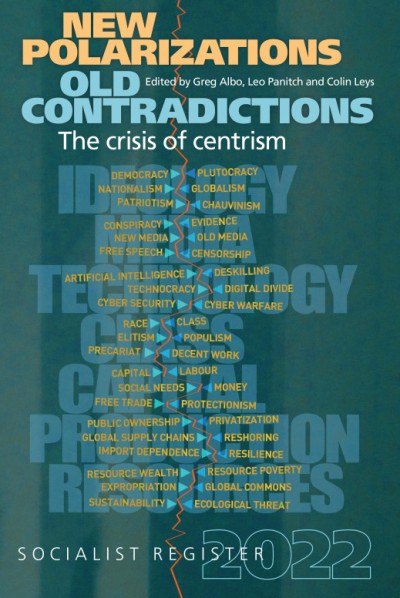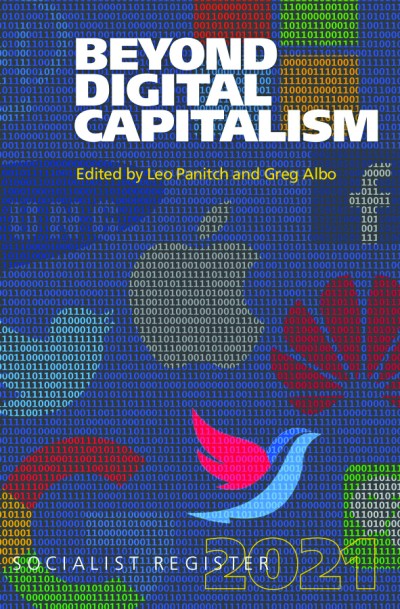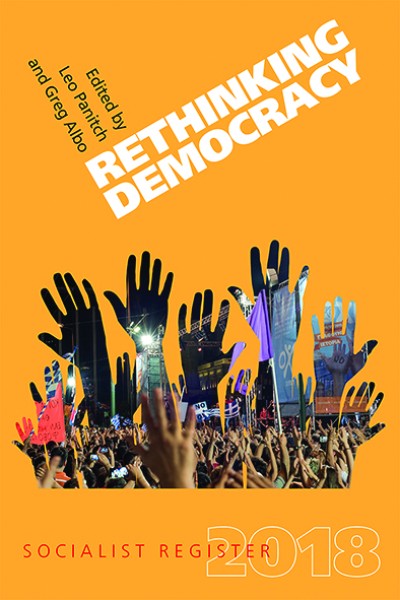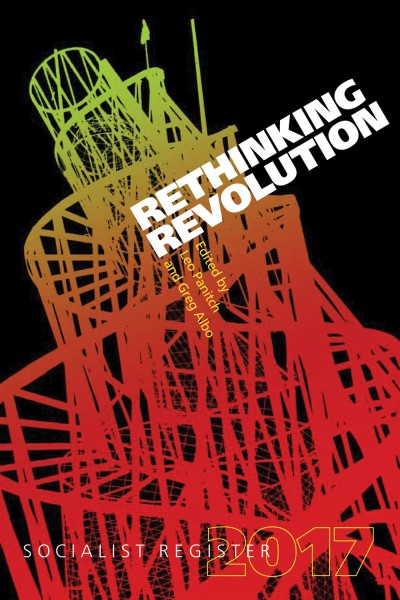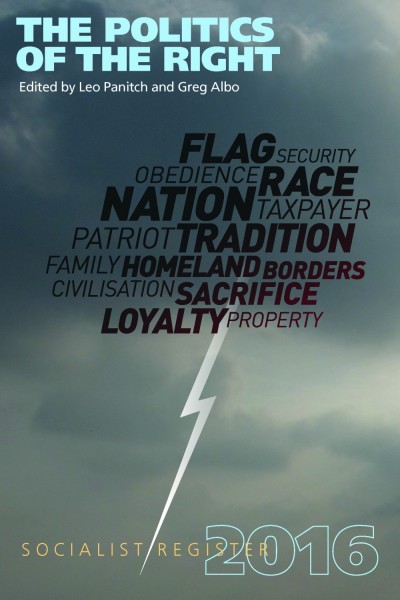
About the book
Managers want new workers who can be used casually-people scared and disciplined by lacking a secure job. Restricting workers’ skills and depriving workers of opportunities to learn and to organize makes for a more dependent and docile work force. Unions are not welcome. Blairs, Clintons and Schroeders may believe that their policies are working, and that opportunities are growing for ‘everyone’ but class exploitation and oppression remain facts of life in the new century. Socialist Register 2001 examines the concept and the reality of class as it effects workers at the beginning of the 21st Century. Theoretical contributions explore: today’s old and new working classes, workers ‘north’ and ‘south’, peasants and workers, gender and the working class, migrant workers, tele-working. Other essays examine critically important regional experiences in East Asia, India, South Africa, Brazil, Iran, Russia, Europe and North America.
Contents
- Workers North and South (Huw Beynon, Giovanni Arrighi and Beverly Silver)
- Peasants and Workers (Henry Bernstein)
- International Worker Migration (Peter Kwong)
- Driving the bus of History the LA vs Riders’ Union (Eric Mann)
- Tele-working in a Changing Proletariat (Ursula Huws)
- Women’s Work-plus ça change? (Andrée Levesque)
- Gender, Class and Family: The Crisis in Health Care (Pat and Hugh Armstrong)
- The Feminization of Trade Unions (Rosemary Warskett)
- Race, Class and Working Women (Brigitte Young)
- Organising Indian Women Home Workers (Rohini Banaji)
- East Asia (Gerard Greenfield)
- India (Barbara Harriss-White and Nandini Gooptu)
- Southern Africa (Patrick Bond, Darlene Miller and Greg Ruiter)
- Brazil (Huw Beynon and José Ramalho)
- Cyberactivism and Solidarity: The Case of Chiapas (Justin Paulson)
- Iran (Haideh Moghissi and Saeed Rahnema)
- Russia (David Mandel)
- North America (Michael Goldfield)
- Western Europe (Steve Jefferys)


